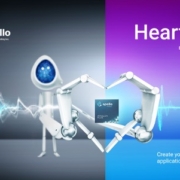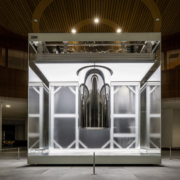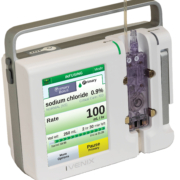FUJIFILM Healthcare Europe establishes new commercial group in Belgium, the Netherlands and Luxembourg
FUJIFILM Healthcare Europe is consolidating its commercial activities in Belgium, the Netherlands and Luxembourg effective 31 March. This change reflects the first step of a phased integration between Fujifilm Europe Medical Systems and FUJIFILM Healthcare Europe, to form the unified FUJIFILM Healthcare Europe, with further integration continuing throughout 2023 and 2024.











